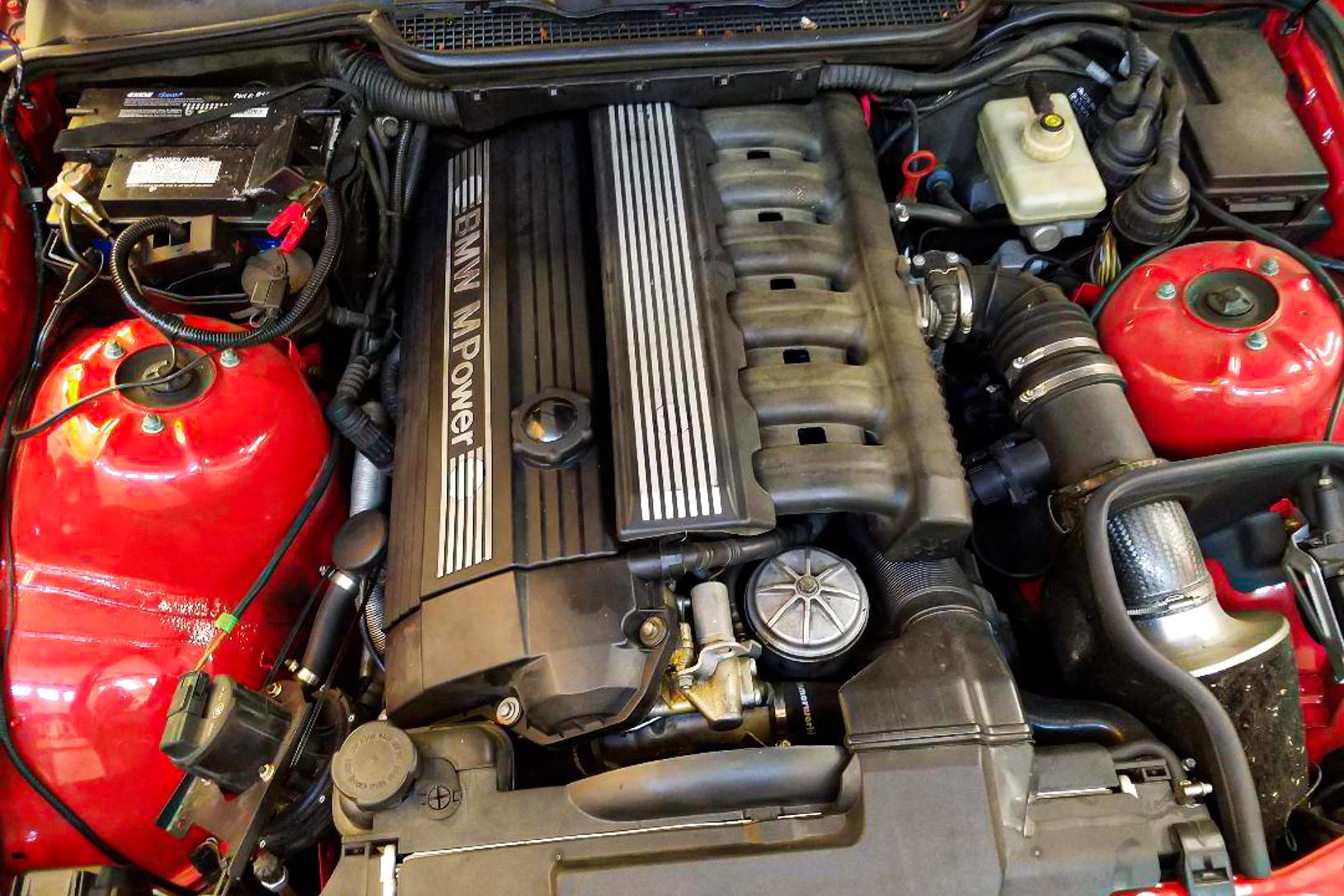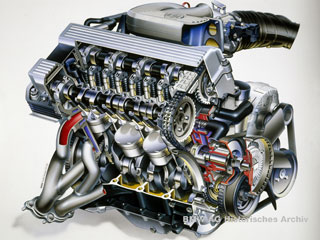Key Features to Look for When Acquiring an Engine for Automotive Applications
When taking into consideration the acquisition of an engine for auto applications, numerous vital attributes necessitate mindful evaluation to ensure optimal performance and capability. From power and performance capabilities to fuel efficiency, adherence, and sturdiness to discharges criteria, each element plays an essential role in determining the engine's suitability for details vehicle requirements. Moreover, cost-effectiveness stays a critical consider the decision-making process, stabilizing high quality with monetary considerations. These attributes collectively add to the general performance and dependability of the engine, affecting the driving experience and long-lasting contentment of the individual.
Power and Performance
When selecting an auto engine, customers focus on power and performance to guarantee optimal driving experience and efficiency. A well-performing engine not just delivers power efficiently yet likewise operates smoothly across different rate varieties and driving problems.
Customers often think about the engine's torque result alongside its power score. Torque, measured in pound-feet (lb-ft) or Newton-meters (Nm), mirrors the engine's rotational force, influencing the lorry's capacity to tow, climb inclines, and increase from dead stop. A balance in between power and torque is vital for accomplishing a responsive and functional driving experience. Furthermore, factors such as engine turbocharging, variation, and hybrid innovations play significant functions in enhancing both power and efficiency degrees. Eventually, picking an engine that provides a powerful combination of power and performance makes certain a reliable and satisfying driving experience. bmw 318ti.
Gas Efficiency
When assessing automotive engine options,Enhancing fuel performance is a critical factor to consider for consumers. The performance of an engine directly influences operating expense and ecological footprint. One vital aspect affecting fuel performance is the engine's design and modern technology. Modern engines with features like straight gas injection, turbocharging, and variable shutoff timing can considerably improve gas effectiveness by boosting combustion processes and minimizing power loss. Additionally, the general weight of the engine and vehicle, in addition to the aerodynamics, play essential functions in determining fuel intake.

Durability and Integrity
Accomplishing long-lasting performance and dependable operation is essential for customers examining the toughness and integrity of vehicle engines. When thinking about an engine for automobile applications, resilience refers to the engine's ability to endure wear, anxiety, and rough operating conditions over an extended duration. Reliability, on the various other hand, implies that the engine can continually perform its desired feature without unanticipated break downs or failings.
Consumers should try to find engines created with premium materials and specific engineering to make sure longevity. Elements such as crankshafts, bearings, and pistons should be durable to manage the engine's power result without early wear. In addition, engines outfitted with advanced cooling systems, effective lubrication, and robust filtering devices tend to display higher degrees of integrity.
Normal upkeep and adherence to manufacturer recommendations are also important consider maintaining an engine's durability and reliability. By complying with upkeep timetables, making use of advised fluids, and dealing with any type of problems immediately, customers can make best use of the life expectancy and performance of their automobile engines. Ultimately, prioritizing resilience and reliability in engine selection can lead to a more satisfying possession experience with less unforeseen disruptions.
Emissions Compliance
Making certain conformity with exhausts guidelines is an essential facet of examining automobile engines for environmentally aware customers. With enhancing concerns concerning air top quality and environmental impact, strict emissions criteria have been implemented worldwide to reduce harmful toxins released right into the ambience. When purchasing an engine for auto applications, it is necessary to consider its discharges conformity to lessen the carbon footprint and abide by legal needs.
Modern engines are geared up with innovative discharge control modern technologies such as catalytic converters, exhaust gas recirculation (EGR) systems, and careful catalytic decrease (SCR) to minimize harmful exhaust gases like nitrogen oxides (NOx), carbon monoxide gas (CO), and hydrocarbons (HC) These systems play a critical role in making certain that the engine meets the defined emissions requirements and runs within acceptable restrictions.

Cost-effectiveness
When thinking about auto engine acquisitions, evaluating cost-effectiveness is paramount for consumers looking for both efficiency and value. It includes the general expenses related to maintenance, fuel consumption, and possible fixings over the engine's life-span.
One key aspect of cost-effectiveness is fuel efficiency. Engines that are developed to make the most of fuel economy can result in substantial cost savings over time, especially for people that drive often or over cross countries. Furthermore, taking into consideration the availability and affordability of extra parts and More Info servicing can contribute to the total cost-effectiveness of an engine. Guaranteeing that repair and maintenance are easily accessible and sensible can protect against unexpected monetary problems down the click over here line.

Verdict
To conclude, when acquiring an engine for automotive applications, it is important to take into consideration key functions such as power and efficiency, gas toughness, performance and dependability, exhausts compliance, and cost-effectiveness. These elements are crucial in ensuring that the engine fulfills the needs of the vehicle and operates efficiently in different driving problems - bmw 318ti. Making an informed decision based on these standards will eventually cause a efficient and effective auto engine acquisition
From power and performance capabilities to fuel toughness, performance, and adherence to discharges requirements, each aspect plays an essential role in determining the engine's viability for particular automotive demands. Engines created to run on alternate gas such click for info as electrical power, hybrid systems, or biofuels can supply enhanced fuel economic situation and reduced emissions contrasted to standard gas or diesel engines. Customers must carefully take into consideration the fuel efficiency rankings and innovations included right into automobile engines to make enlightened acquiring decisions that straighten with their concerns for cost financial savings and sustainability.
When considering an engine for auto applications, sturdiness refers to the engine's ability to hold up against wear, anxiety, and harsh operating problems over a prolonged duration.In conclusion, when buying an engine for automotive applications, it is vital to think about vital features such as power and efficiency, gas resilience, effectiveness and reliability, exhausts compliance, and cost-effectiveness.